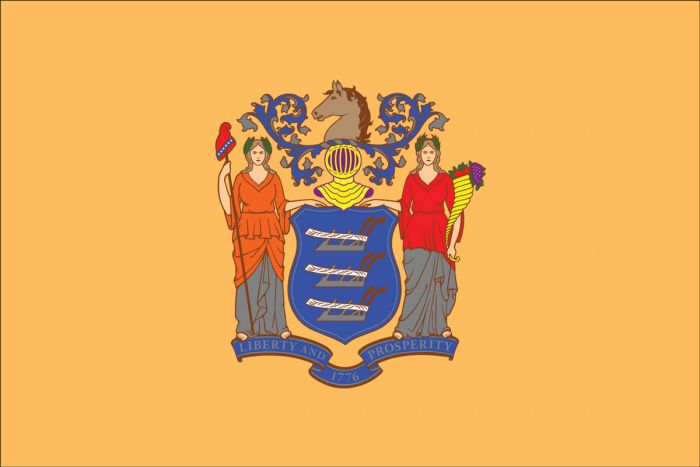Originally published on Forbes.com Apr 18th, 2013
I know class action law suits serve a social purpose. If some massive organization figures out a way to steal a few bucks from millions of people, it might be the only way to bring them to account. I’m hoping someday somebody will punish the car rental companies for selling the same two gallons of gas a few hundred times, but that is probably wishful thinking on my part. Nonetheless, there are some class action lawsuits that are really obnoxious. That is how Judy Avallone v. Sears Holding Corp struck me.
Mrs. Avallone’s beef with Sears came from an experience she had at K-Mart, which is owned by Sears. She purchased some disposable paper products not quite forty dollars worth I would speculate, as she paid $2.61 in sales tax. Apparently New Jersey has a Disposable Household Paper Products Exemption. Who knew ? Apparently not whoever was programming the point of sale system for K-Mart. It is not anything I have ever got involved in or studied closely, but I could see how sales tax compliance of a major retail chain would be a massive undertaking. You have to consider every single item that you sell and whether and at what rate it is taxed in thousands of jurisdictions.
If you fail to charge sales tax on things that you should be charging on, you will be in trouble with the states and localities. When they finally figure it out, the customer will be long gone. On the other hand, if you charge sales tax on something that other people don’t, you will be at a competitive disadvantage. It would be nice to get it perfectly right, but you have the potential of being punished either way either from penalties or lost business. Judy Avallone and her attorneys thought that Sears deserved to be further punished for collecting $2.61, that they must have paid over to New Jersey.
Ms. Avallone could have applied to New Jersey to get her $2.61 back, but that did not seem like such a good deal:
The Class asserts that N.J.S.A. 54:49-14(c) which requires “ach taxpayer a separate refund claim”, while not permitting “ refund claim on behalf of a class,” is unconstitutional since sales tax refund claims are generally low-value in nature, causing the burden of obtaining individual relief to outweigh the benefit of obtaining the tax refund as the cost of legal representation is likely to surpass the value of relief on an individual basis. As a result, the Class contends that N.J.S.A. 54:49-14(c) leaves individuals without an effective remedy for the overpayment of sales tax.
The Court did not buy it:
By virtue of the collective failure of the Class to follow the procedure set forth in N.J.A.C. 18:2-5.8 and properly apply for a sales tax refund from the Division of Taxation, the court need not reach the issue as to the constitutionality of N.J.S.A. 54:49-14(c).
This is the third case like this I’ve noticed. A woman was suing Rite Aid for 12 cents because of the way they computed tax when store coupons were used. Another person tried suing Dell for collecting sales tax on part of a service contract in Rhode Island. Ironically, Dell was not required to collect on the computer that they sold. Shockingly, the plaintiff did not pay the use tax, that they should have paid, unlike myself and all my readers who always pay use tax when they order things on-line. So the plaintiff had actually paid less sales tax on the overall purchase than they should have and was still suing Dell.
Both those suits also lost. There does not seem to be a broad federal principle at work. The cases turn on nuances of state law. So I wonder if one class action firm or other other will end up trying this in each of the other 42 states that have sales tax.
According to this story somebody is going after Hertz on a similar theory to the Rite Aid case. Apparently Dell lost in a California case on the service contracts. There has also been a successful suit against AT&T Mobility.
I really don’t think these suits have any social utility other than to help with underemployment of lawyers. Companies do not have to be motivated to do everything possible to avoid collecting needless sales tax. Competition will take care of that. Customers who are seriously hurt can apply for refunds. Apparently there have been enough successes to keep the suits coming, though.
You can follow me on twitter @peterreillycpa.































































































